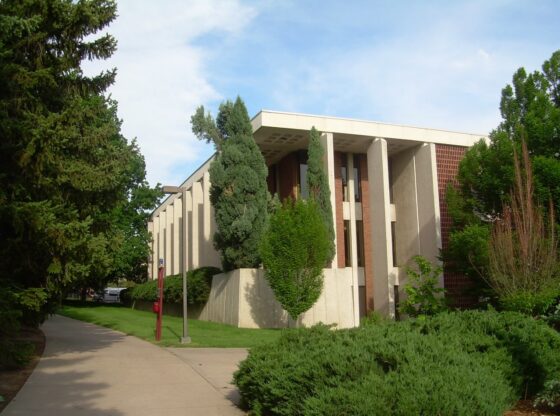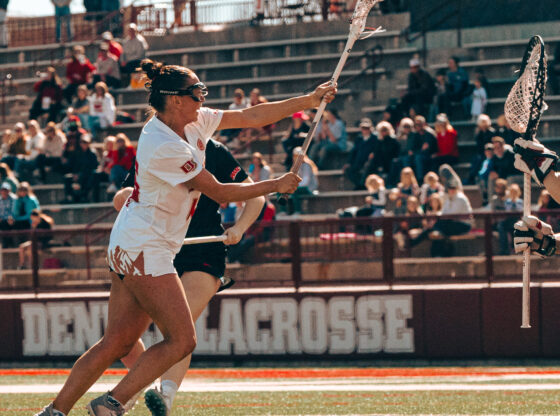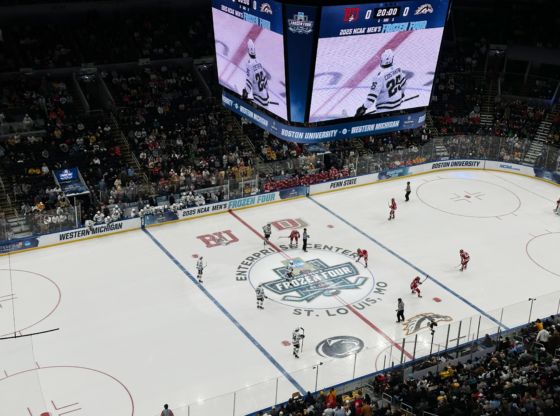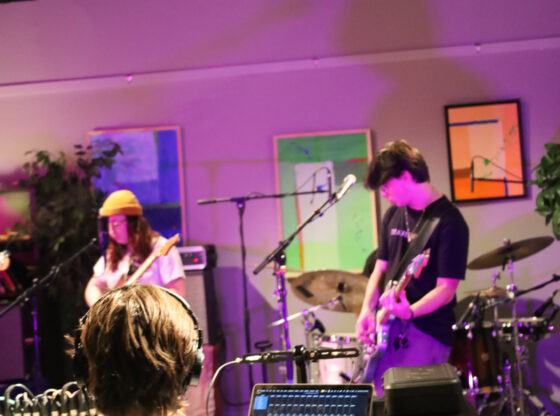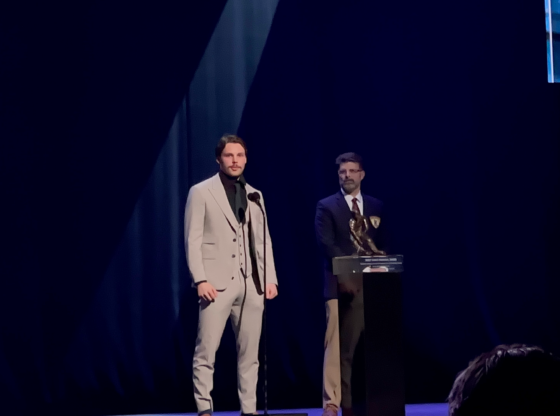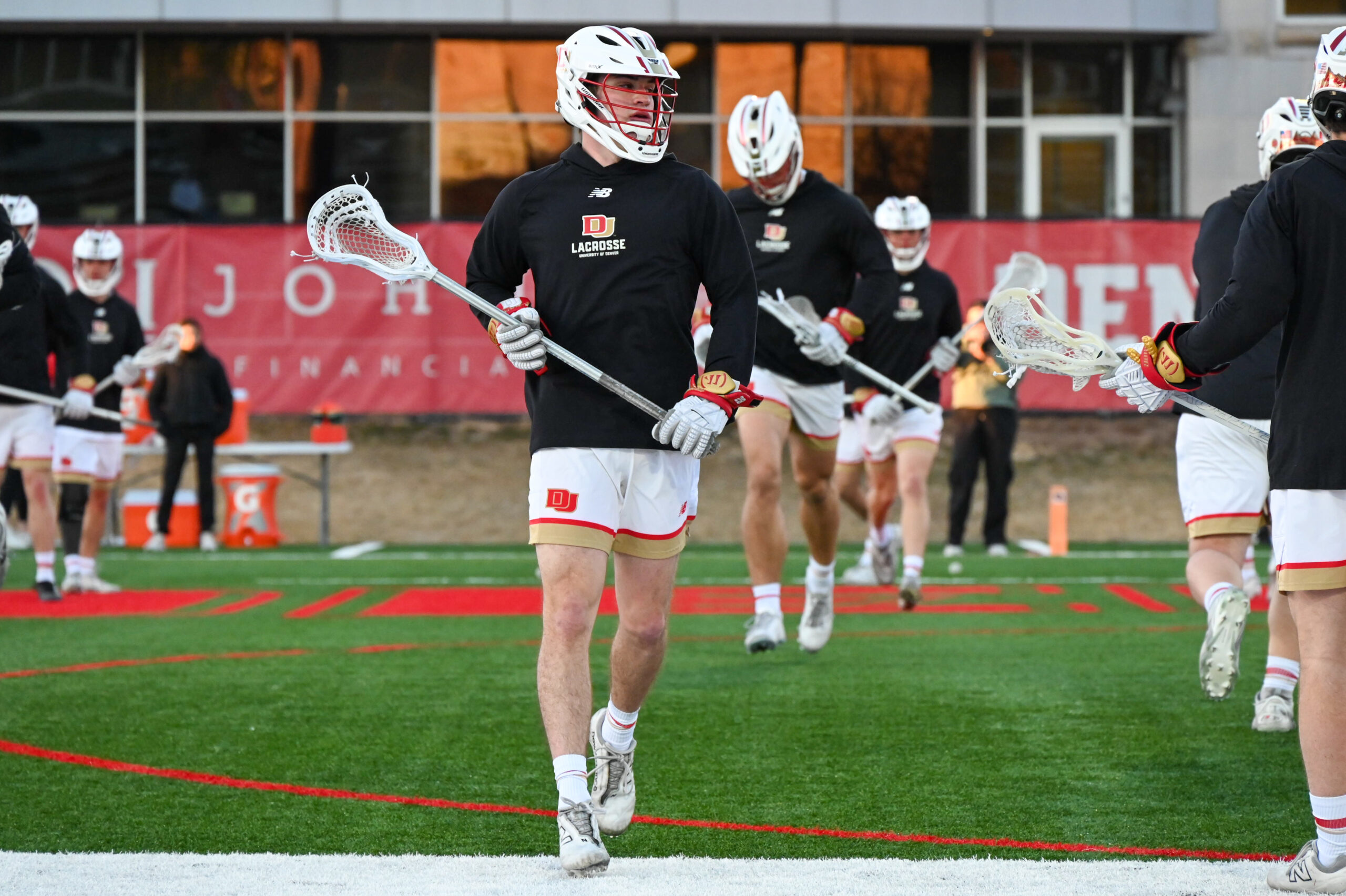Back when I was an editor
I couldn’t help but bristle at the recent editorial “We do try hard.” As a DU alumnus and former sports editor and managing editor of the Clarion, I was disappointed to see this kind of response to criticism – whether the criticism is deserved or not.
We faced many of the same challenges at the Clarion twenty years ago as you do today. We had a staff of less than 20 and produced two 12- to 16-page editions each week. One a.m. production nights were common. Our reporters sometimes missed deadlines, and the campus was often a pretty sleepy place without much news. But some of the issues you raised aren’t issues at all. Don’t complain that Clarion editors must write their own pieces. That’s part of the job. As sports editor, I tried to write at least one story each issue, and it was my job to fill in when one of my regular writers couldn’t do a piece. As managing editor, I wrote a weekly column in addition to filling in when reporters didn’t turn in their copy on time. That position also gave me the opportunity to review movies and concerts or cover campus events that I might not have otherwise attended.
Like you, we were sometimes criticized. Some criticism was harsh, mean-spirited and groundless. But sometimes, hidden in the words we didn’t want to hear, was a great point – something that made us a little better at what we were trying to do.
Perhaps Tom Hanks said it best in “A League of Their Own: “
Of course it’s hard. It’s supposed to be hard. Hard is what makes it great. If it was easy, everybody would do it.”
It’s important to remember that a position in the media — even one on a campus newspaper — is a public position. As such, you’re subject to criticism. The student-athletes at DU must face hecklers in the crowd, or actors in a campus theater production must bear the burden of potentially negative reviews, those who produce the Clarion are subject to the comments of their audience – good or bad. The audience doesn’t care how hard the job is, and they shouldn’t have to. That was one of the most important things I learned at DU, thanks to my work at the Clarion.
– Doyle Albee, Alumnus
Clarifications to “morning-after pill” article
We are writing this letter in response to your recent article in The Clarion entitled. “Morning After Pill” available at Health Center. Three issuesmentioned in the article need some clarification.
Firstly, the “morning after pill” is NOT the same as RU486. RU 486, also known as Mifeprex, is an ‘abortion pill’. RU486 blocks progesterone, a hormone essential for pregnancy to continue. When followed by another medication, Misoprostol, RU486 ends pregnancy. RU486 is NOT offered at the Student Health Center.
Secondly, the Student Health Center does offer one type of emergency contraception known as Plan B. There exists more than one theory on how Plan B actually works. Plan B may act as an emergency contraceptive principally by preventing ovulation or fertilization. In addition, Plan B may inhibit the implantation of the fertilized egg in the uterus. It is not effective once the process of implantation has begun. More information can be obtained on the manufacturer’s website at www.go2blanb.com.
Lastly, the Student Health Center follows current FDA recommendations andmanufacturer’s guidelines on how/ when Plan B should be prescribed. For maximum effectiveness, Plan B should be taken within 12 hours of unprotected sex; however, it may be effective for up to 72 hours after unprotected sex. When Plan B is given later than the 72-hour window, its effectiveness drops significantly.
For more information, students may call the Student Health Center at 303-871-7785.
Sincerely,
Janine Guillen, RN, Student Health and Counseling Center Practice ManagerLouise McDonald, MD, Director, University Health, Counseling and Wellness.



